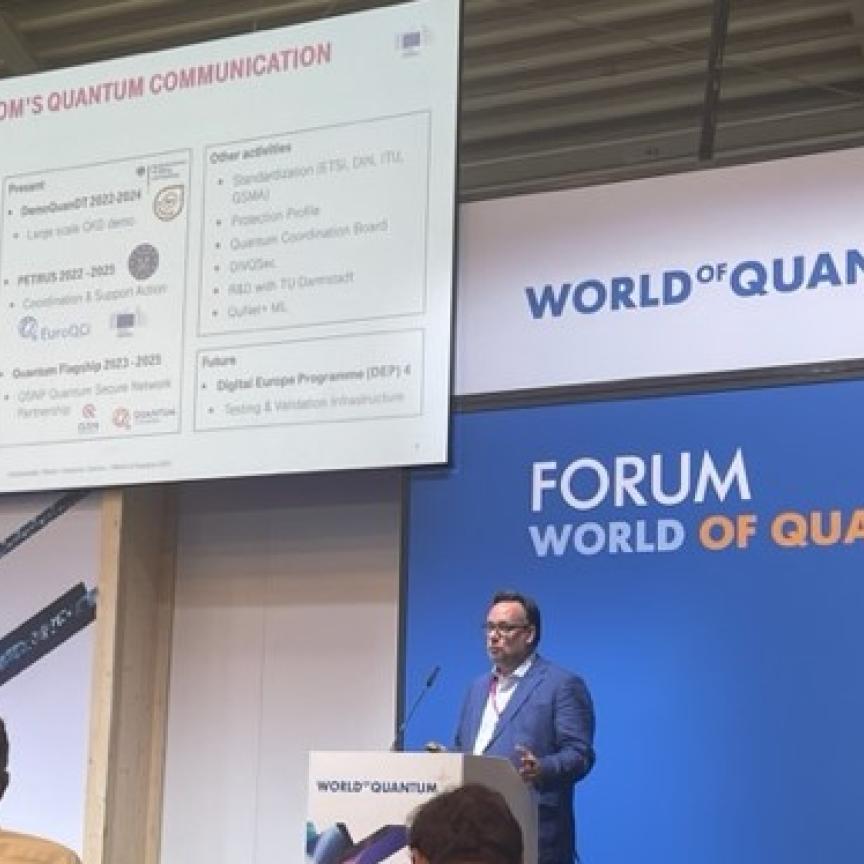Imec, a nanoelectronics research centre, and Huawei have announced a further step in their strategic partnership focusing on optical data link technology. The joint research on silicon-based optical interconnects is expected to deliver benefits including high speed, low power consumption and cost savings.
Huawei has now joined imec’s research programme which focuses on optimising bandwidth density, power consumption, thermal robustness, and cost at the system level.
In 2013, Huawei acquired the leading photonics company Caliopa, spun-off from imec and UGent, thereby adding silicon photonics research to its European R&D portfolio. Delivering on its commitment of boosting Caliopa’s development, Huawei has been investing in its human resources and infrastructure, prompting it to move offices to keep step with its rapid growth.
Luc Van den hove, president and CEO at imec said: ‘This is an important next step in our collaboration with Huawei on silicon photonics. This collaboration, together with Huawei’s recent acquisition of our spin-off Caliopa that focuses on developing silicon photonics-based optical transceivers for the telecommunications industry, shows that our silicon photonics research is important for advancing next-generation high-bandwidth ICT solutions. We expect this partnership to give a further boost to our silicon photonics research over the coming years.’
The collaboration further deepens Huawei’s engagement with the European research ecosystem in pursuit of its strategy to build a better-connected Europe by investing in local talent. The announcement follows the recent purchase of Internet of Things pioneering company Neul in the UK, the launch of an innovation centre in Walldorf, Germany, and the opening of an R&D site in Sophia Antipolis, France.

